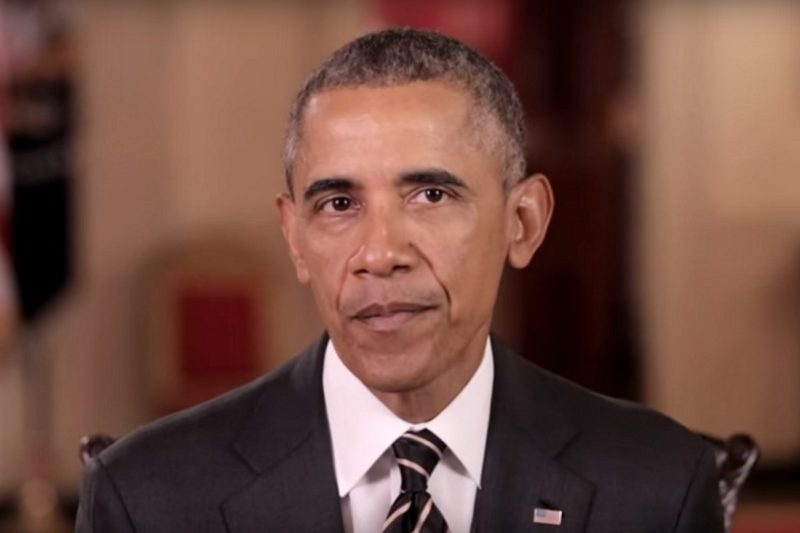Supreme Court to Review Case Challenging President Obama’s Immigration Order
The Supreme Court announced Tuesday it would hear United States v. Texas, the case challenging an executive action by the Obama administration designed to expand protections to millions of undocumented immigrants currently residing in the United States.

The Supreme Court announced Tuesday it would hear United States v. Texas, the case challenging an executive action by the Obama administration designed to expand protections to millions of undocumented immigrants currently residing in the United States.
In early November, the Department of Justice announced it would ask the Supreme Court to review a decision from the U.S. Court of Appeals for the Fifth Circuit, in which the appellate court agreed with a lower court Texas judge who issued in February a “nationwide injunction” stopping the implementation of Deferred Action for Parents of Americans and Lawful Permanent Residents (DAPA). The court ruling meant Texas and 25 other states challenging DAPA had legal standing to do so.
To try and meet basic standing requirements for when a lawsuit can be brought, Texas has argued that Obama’s order would cause the state to “incur significant costs in issuing driver’s licenses to DAPA beneficiaries.” Subsidizing licenses for DAPA beneficiaries would cause the state to lose a minimum of $130.89 on each license issued, according to Texas’ attorneys. A report from the Institute on Taxation and Economic Policy, however, found that with full implementation of DAPA and Obama’s other executive actions, Texas could see returns of over $57 million.
In a statement emailed Tuesday in response to the Supreme Court’s decision to review the case, the National Day Laborer Organizing Network’s executive director, Pablo Alvarado, said that because Congress has blocked statutory reform, Obama’s executive action is necessary:
Despite the unfortunate structure of a lawsuit in which immigrants’ interests cannot be adequately represented by the Obama Administration, which has deported them in record numbers, justice demands that the Supreme Court reverse the injunction and allow DAPA and the expanded DACA [Deferred Action for Childhood Arrivals] initiatives to stand.
Whether it’s the irrational fears harbored by the 26 governors who have brought this suit, or the paranoia stoked by Donald Trump, white anxiety about the changing complexion of the country is insufficient justification to deny current immigrants the same shot at progress afforded previous generations. The Supreme Court has a mixed record when it comes to cases that confront racial injustice and white supremacy. The question now is which way will the Supreme Court go this time?
Obama announced his executive order in November 2014, which, among other things, would remove the upper-level age cap previously in place for DACA in an attempt to “deal responsibly” with the millions of undocumented immigrants currently in the United States. DAPA was also introduced, which would help an estimated four million people who have been in the country since 2010 and have a child who is a U.S. citizen or permanent resident. DACA and DAPA protect undocumented immigrants from deportation and provide work authorization and the ability to obtain a driver’s license. Neither, however, provide a pathway to citizenship.
CNN reports the Supreme Court is likely to rule on the case by early summer. If the Court green-lights the executive orders, they will go into effect before President Obama leaves office.
